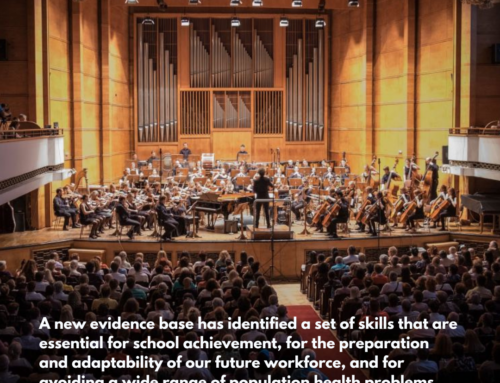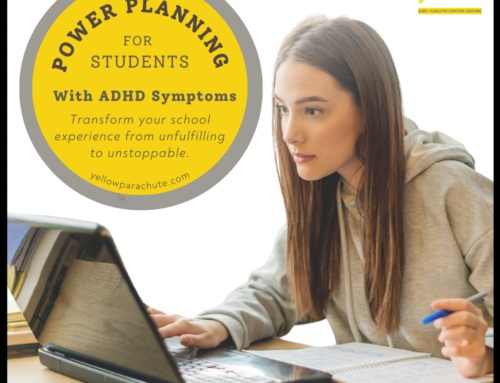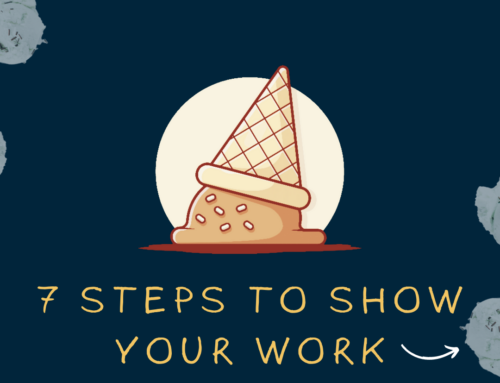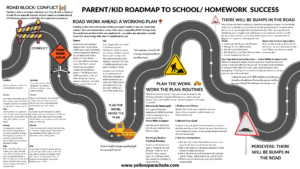The first time I saw a baseball game, I sat shoulder-to-shoulder with my grandfather on my parents’ couch, while men on TV swung bats and trotted back and forth, over grass and patches of dirt. My grandfather’s hands were folded neatly in his lap and his mustache was groomed just-so. He smelled like Dove soap. I was four, and I wanted the moment to last forever. So I sat, still and quiet, trying to show him how much I loved him, wanting him to know that I was interested in what he was interested in, that we shared a language.
Of course, I had no idea what was going on. No matter how much I tried, I couldn’t make sense of all the running and walking and ball-throwing, though I never told my grandpa this. But I felt safe and loved when I watched baseball with him, and years later, I smile when I think of this (missed) opportunity to learn something new.
Mentorship is Powerful
It can be so difficult to admit that you don’t know something. It’s even harder to tell someone that you’re trying to learn, and that trying isn’t working.
I started Yellow Parachute because, as a classroom teacher, I felt I didn’t have the time to tailor each lesson to each student. I was giving them access to information without truly building their own agency. And over the years, I found that the kids in my classrooms learned best when I adapted to them—when I could sit with each student and figure out how she or he learned best.
In other words, our worth as educators is not only in teaching kids what to learn, but how to learn. Making students aware of their mind’s unique patterns and strengths gives them agency over their own education—an agency that can serve them for a lifetime.
Yellow Parachute tutoring isn’t just about report cards and test scores. It’s about meeting a struggling student’s pain and isolation with empathy. It’s about letting kids know that they are OK just as they are—that struggling in one kind of learning environment does not mean they are broken or doomed to struggle forever. That, in fact, struggling is a sign of learning. It’s about giving the kids the confidence to ask questions, to admit confusion, and to try new ways of processing information.
Our tutors are mentors who want to help their students discover what unique gifts they can contribute to the world.
Mentors Can Help Parents and Kids Connect
We take on so many roles as parents. We’re drivers, cooks, schedule-keepers, gardeners, peacekeepers, teachers, homework-helpers, laundry services, Halloween-costume-makers, and more. Sometimes there’s too much history and too much pressure around the future to really see our kids as they are in the present moment (and for them to see us). That’s why trying to help your kids with schoolwork can be an emotional powder keg.
Seeking help outside your family, be it from a mentor, personal trainer, or a counselor, doesn’t mean there’s something wrong with you—it means that you know you’re capable of growing and changing.
Before I had my own kids, I wouldn’t have believed you if you’d told me that I, Cara, a Professional Educator, could not educate my own children. One daughter, two sons, and thousands of eye rolls later, I admit defeat. In the meantime the students I work with say, “You must be the BEST Mom.” (Sigh.) Can you tell that to my kids? Please??!!??
A mentor has the emotional space to get curious instead of getting clenched teeth. She can ask, “Why do you think that is?” instead of saying “I told you so.” A tutor can be present when parents’ knee jerk may be to bring in past and future where they don’t belong.
Mentors don’t tell our kids: unload the dishwasher, put your socks in the wash, do your homework, stop fighting with your brother, For The Last Time WE ARE NOT ORDERING PIZZA. As parents we communicate with our kids because we care, but sometimes all of our words can feel like an avalanche. Because a mentor’s only agenda is to help our kids learn, (and because they don’t communicate with them all the time), our kids are more likely to listen to them.
Finally, a mentor can help translate our behavior to our kids, i.e. “Your dad loves you more than you can possibly imagine. So when smoke blows out of his ears when he checks parent portal, that is love. Do you see that?” Once I had my own kids, I could help my students understand the crazy, sometimes blinding, love that parents feel for their children. It’s the kind of love that makes us a little nuts, sometimes. Mentors can help kids pause in moments when we might be accidentally alienating or confusing (a stern reaction to a test score, a stricter-than-usual-curfew), and realize Ah, this is them loving me.
In fact, one of my students said, “When you put it like that…her craziness…makes so much sense. I see it in a totally different way now.”
And the translation works both ways. A mentor can help us see things in our kids that we might miss in our day-to-day distractions. She might pick up on a defining experience that we didn’t see or didn’t notice: a moment in a scrimmage, an interaction at school, an argument with a sibling, or even with us, that is affecting how they live their lives. But this trusted, supportive, truth-talking individual can help reassure us that all is well, or identify areas where we can help our kids problem-solve.
What I remember about watching baseball with my grandpa is the love and communion between us—it didn’t matter to either of us that I didn’t understand it. When it comes to your kids, a mentor can take away the responsibility of explaining all the rules, freeing you to truly be present with them in whatever state of confusion or understanding, pain or joy, they happen to be in. And it’s in this space of imperfection, of being without solving, that we create our most valuable memories.
-Cara







